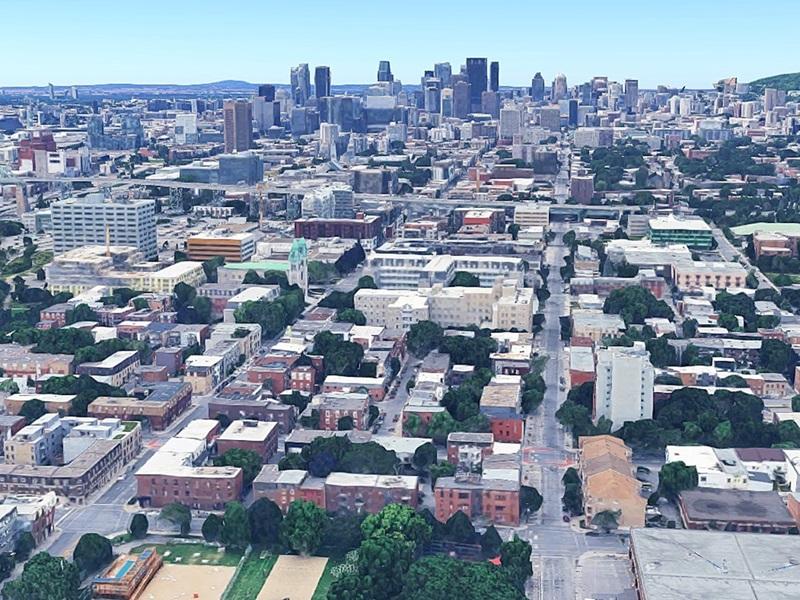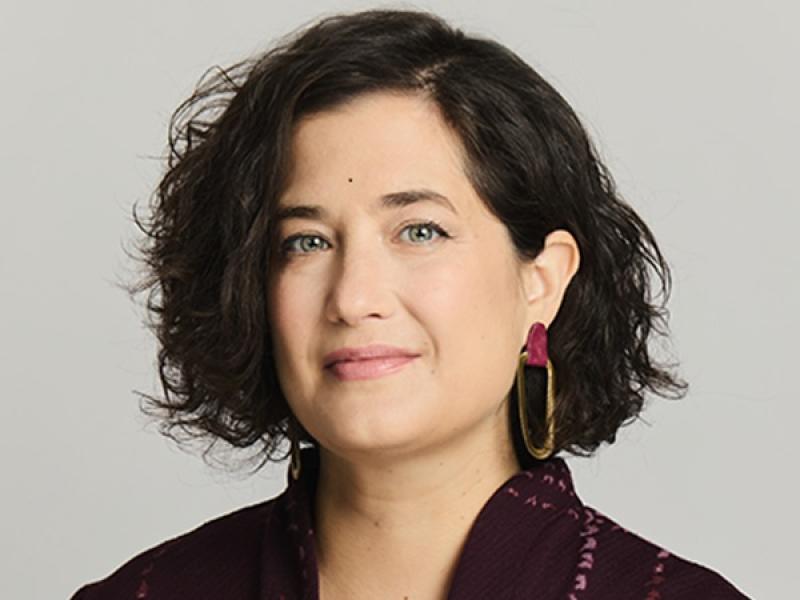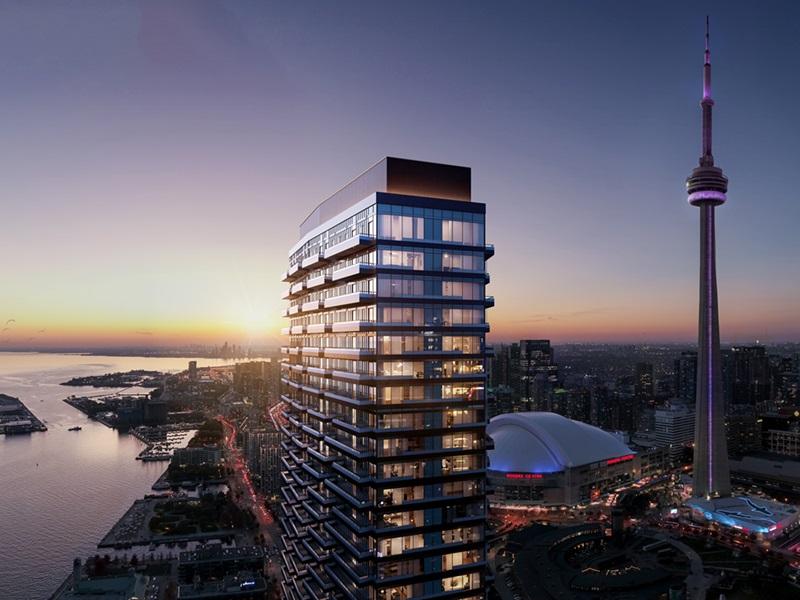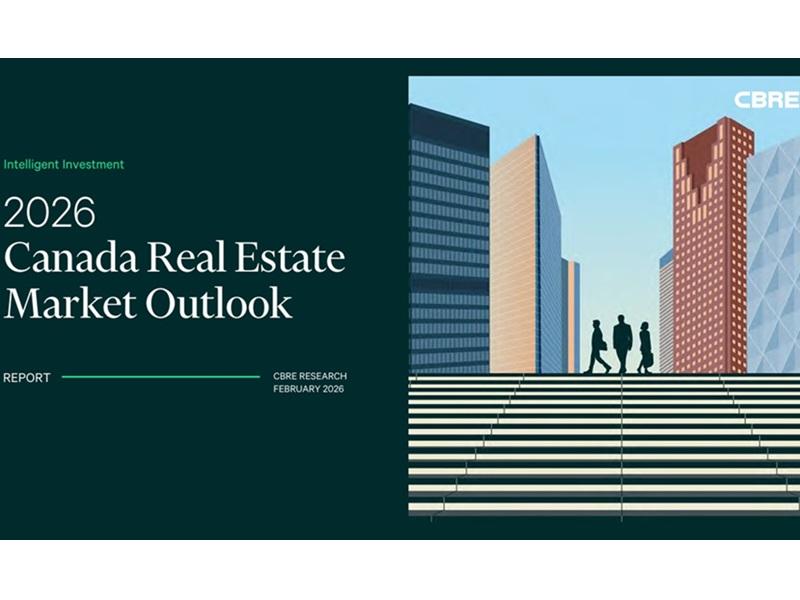Vancouver’s real estate problems appear chronic.
B.C. Premier John Horgan has launched a public inquiry to determine to what extent money laundering has contributed to surging real estate costs in the province in general and the Vancouver market in particular.
The province is also planning to streamline, with the intent to improve, real estate regulation, investigation and enforcement, by bringing it in-house with the B.C. Financial Services Authority.
The authority already regulates mortgage brokers, private pension plans and financial institutions.
Horgan’s government claims more than $7 billion was laundered through B.C. in a year, but that figure is based on economic modelling, not hard evidence. We will have to wait until November 2020 for an interim report from the inquiry.
At least in theory, the easy way to address, or at best limit, the money laundering issue would be to simply limit real estate purchases to Canadian residents only.
However, this would naturally create all kinds of problems and eliminate a huge amount of economic activity each year for the province.
Based on my recent correspondence with a real estate lawyer, there are no specific residency requirements to own real estate in Canada.
Mixed results from control measures
That’s not to say there hasn’t been any kind of precedent to control foreign ownership.
I have cited before the example of Prince Edward Island. No one from outside the province, even if they’re Canadian, is allowed without specific permission to purchase more than five acres of property or 165 feet of shoreline.
If they want to, they must apply to P.E.I.’s Island Regulatory and Appeals Commission.
I recall reading that one of the issues that brought P.E.I. into Confederation in the first place was to get away from foreign ownership.
At that time, much of P.E.I. was foreign owned and the Island’s residents were more or less tenants on someone else’s land. This hasn’t been forgotten and non-residents still pay more in property tax.
Since August 2016, B.C. has also imposed its own penalty on foreign buyers. Through its Property Transfer Tax Act, an additional 20 per cent levy is imposed on a transferee of residential property in the Greater Vancouver Regional District (GVRD) if the transferee is a “foreign entity.”
There is also an additional two per cent annual speculation and vacancy tax that is imposed in some areas of the province.
Despite the fact foreign buyers account for almost 10 per cent of the activity in B.C.’s urban markets, these taxes haven’t done much to slow things down.
After a bit of a slump over the past two years since the foreign buyers tax was first introduced, sales activity and median house prices are expected to track up again through 2020 and 2021.
Necessary to our economic growth
The challenge for Canada is that foreign investment has been a necessary part of economic growth since the time of Cartier, and to outlaw foreign ownership likely/certainly would hurt our future economic prospects.
This would doubly be the case if government were to decide that shares in companies that own property in Canada could only be owned by residents.
Having said this, there seems to be a problem with out-of-country real estate buyers making acquisitions that are not for economic use, but rather as a place to store foreign cash.
On the surface, such a transaction may still be legal and above board, without being an example of nefarious money laundering, but it is still a problem for local communities and residents.
Why? Because in many cases, the property in question is not used for its intended purpose.
If this is a material issue, (i.e. if lots of property in certain communities have been bought up at higher prices and just kept as inventory for a safer investment) then these communities will have residents who are being outbid for a place to live, making for a situation even worse than that of P.E.I. in the 1800s.
Residents of these communities trying to find housing they can afford can’t even be tenants of these foreign owners.
They are left out in the cold, or forced to find some way to compete for a place to live in a situation where the competition does not share the same economic circumstances.
Surrounded, outnumbered by foreign buyers?
What percentage of property purchases in Vancouver or Toronto are by non-resident and non-occupying purchasers?
I find it difficult to source accurate and current data. The prevailing perception, however, is that it is a real problem.
Remember we are a population of 36 million, in a world where we comprise about one half of one per cent of the total population but we have about 6.7 per cent of the world’s land mass.
If foreign ownership is in fact a problem, we clearly are outnumbered and do need to protect ourselves.
Perhaps the answer is a greater capital gains tax (a large percentage of all the gain) on foreign-owned property that is not used.
To discuss this or any valuation topic in the context of your property, please contact me at jclark@regionalgroup.com. I am always interested in your feedback and suggestions for future articles.







